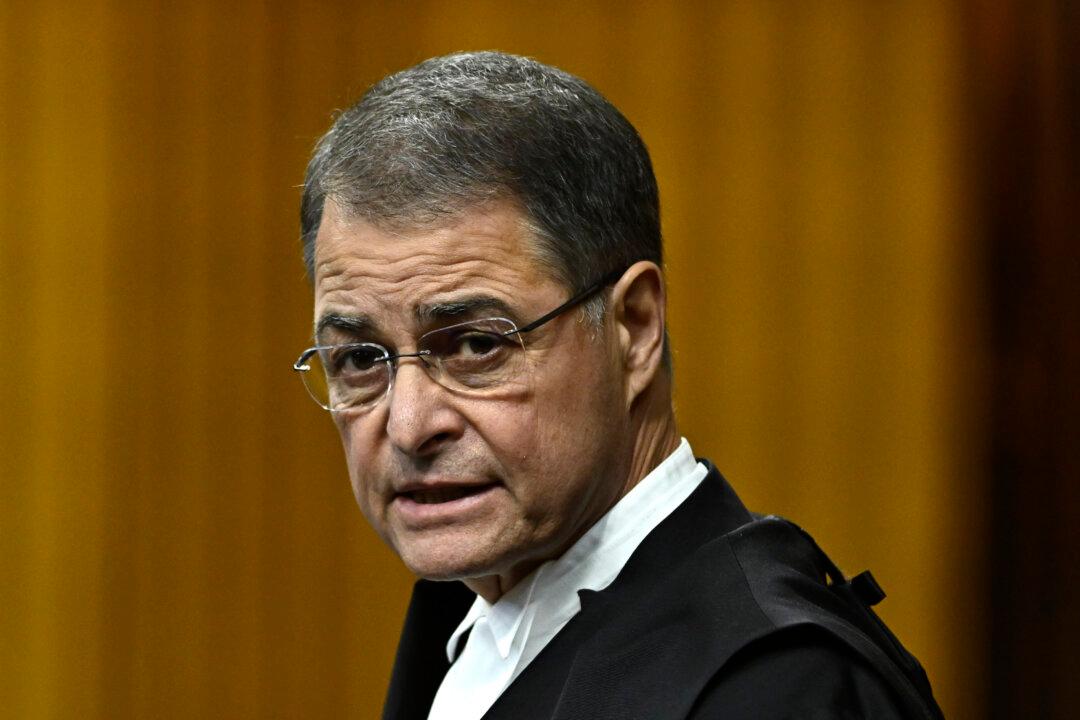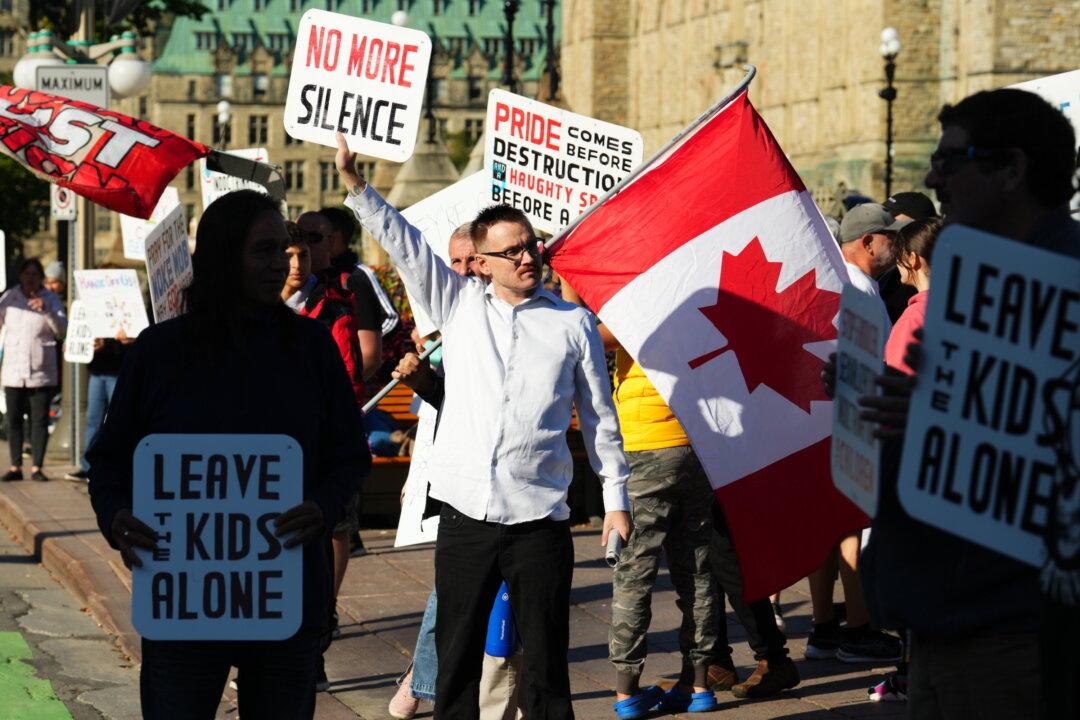MPs will call former House Speaker Anthony Rota to appear before a parliamentary committee following his tribute to a former Ukrainian soldier later identified as a Nazi collaborator.
The decision came after a unanimous vote of the Procedure and House Affairs Committee behind closed doors, which was first covered by Blacklock’s Reporter. MPs said Mr. Rota’s testimony was required to explain “the international embarrassment” the incident caused.





